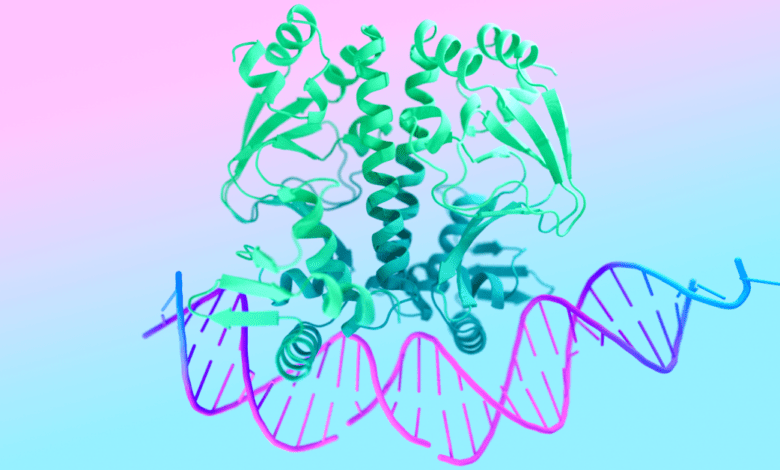Google DeepMind announces world-leading AlphaFold 3 model

RResearchers at Google DeepMind have developed AlphaFold 3, an AI model that can predict the structure and interactions between biological molecules, including proteins, DNA and RNA, and small molecules that could function as drugs. Google DeepMind will make the model available for non-commercial use via the AlphaFold server. The landmark innovation, details of which were published in the magazine Nature on May 8, should dramatically accelerate biological research.
“It’s a huge milestone for us today to announce AlphaFold 3,” said Demis Hassabis, CEO of Google DeepMind, in a May 7 briefing announcing the innovation. “Biology is a dynamic system and we need to understand how the properties of biology emerge through interactions between different molecules in the cell. You can think of AlphaFold 3 as our first big step in that direction.”
The AI system is a descendant of previous AlphaFold models built by Google DeepMind that essentially solved the problem of predicting the three-dimensional structure of a protein from its amino acid structure. Google DeepMind’s first AlphaFold model, announced in 2018, attempted to predict protein structures, taking first place in an international protein structure prediction competition. AlphaFold 2, released in 2020, significantly improved the former’s protein structure accuracy predictions.
AlphaFold 3 goes further, predicting the structures of almost all biological molecules and modeling the interactions between these molecules. While researchers have long developed specialized computational methods to model interactions between specific types of biological molecules, AlphaFold 3 marks the first time that a single system has been able to predict interactions between nearly all molecular types with state-of-the-art performance.
The properties and functions of molecules in biological systems are typically the result of how they interact with other molecules. Using experiments to understand molecular interactions can take years of research and be prohibitively expensive. If these interactions can be computationally estimated with sufficient precision, then biological research could be dramatically accelerated. For example, if researchers believe that a molecule that binds to a specific site on a particular protein would be a promising drug candidate, they can use computing systems like AlphaFold 3 to test potential drug molecules.
“AlphaFold continues to improve and be increasingly relevant to biological investigations,” said Paul Nurse, a Nobel Prize-winning geneticist and chief executive and director of the London-based biomedical research center the Francis Crick Institute, in a statement that Follows Google. DeepMind announcement. “This third version will allow greater accuracy in predicting the structures of complexes between different macromolecules, as well as associations between macromolecules, small molecules and ions.”
Google DeepMind was founded as DeepMind in 2010 by Hassabis, along with Google DeepMind’s chief AGI scientist Shane Legg and Mustafa Suleyman. (Suleyman is now CEO of Microsoft AI, Microsoft’s consumer AI products and research organization.) DeepMind was acquired by Google in 2014, and in 2023, Google merged DeepMind with Google Brain, another Google AI division. , to form Google DeepMind, ending efforts by DeepMind leadership to secure greater autonomy from its parent company.
In addition to the AlphaFold family of AI systems, Google DeepMind has made several advancements that use AI to advance science and technology. In 2022, the company launched an AI system that can discover new algorithms, and in 2023, it launched an AI model that could predict the weather with unprecedented accuracy. Also in 2023, Google DeepMind released an AI model that claims to accurately predict the structures of materials, although the usefulness of this model has been questioned by independent researchers.
In 2021, Google’s parent company Alphabet announced the creation of Isommorphic Labs, which aims to take an AI-first approach to drug discovery. Isomorphic Labs researchers contributed to the development of AlphaFold 3, and while the AlphaFold Server can be used by any non-commercial research person, Isomorphic Labs researchers will have exclusive access to AlphaFold 3 for commercial use.
“We have been using AlphaFold 3 capabilities every day in our drug design programs,” said Max Jaderberg, director of AI at Isomorphic Laboratories, in the announcement briefing. “We’re already seeing this potential to accelerate, improve and ultimately transform the way we do drug discovery, and it’s really because of this model’s new level of accuracy and the greater breadth of biomolecules that this model is capable of predict, this really enables that for us.”




